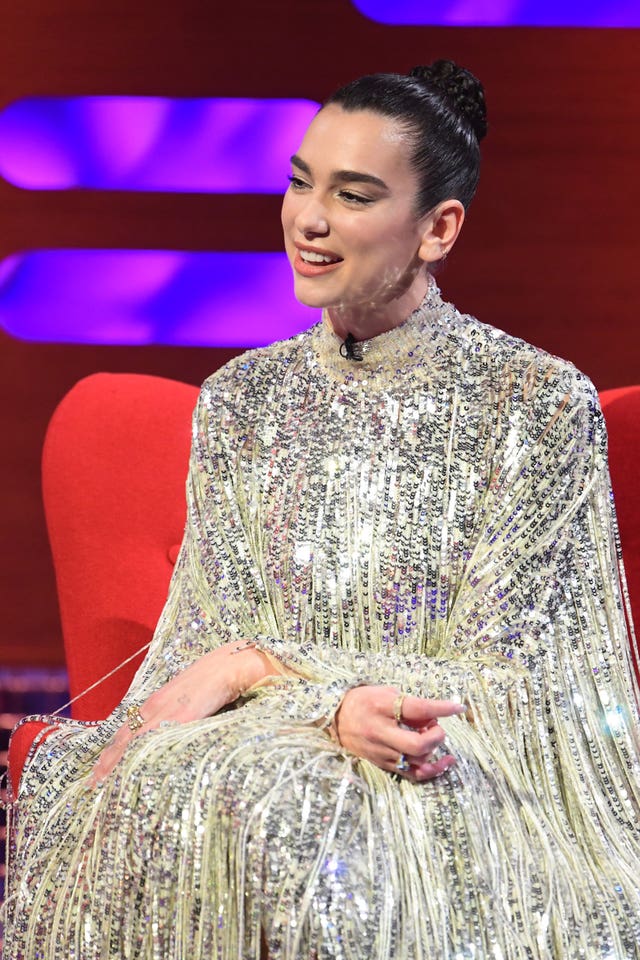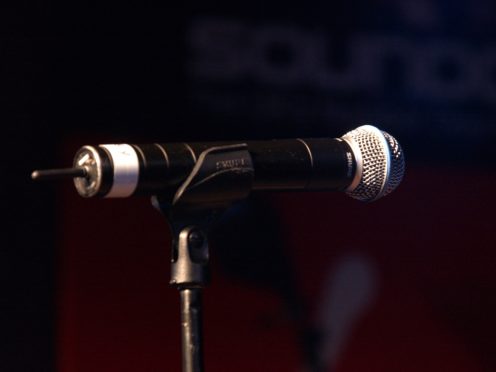Music helped listeners in the UK get through the pandemic-enforced lockdowns, new research has suggested.
More than a quarter of those surveyed said they had increased their listening time compared to before the country shut down, according to a survey from the British Phonographic Industry (BPI).
Only 11% of those asked said they listened to less or no music at all, the BPI said, and a jump in consumption was most pronounced in the 16-24 age group.

The BPI, the UK record labels association, said 45% of respondents in this age group listened to more music since the first national lockdown in March last year.
And the survey suggested people relied on their favourite songs for a boost while separated from their friends and loved ones.
Half of those asked said they listened to music for a lift while 42% cited its ability to aid sleep or relaxation.
For the 60% of respondents who reported weekly feelings of anxiety, more than half – 55% – said music helped ease those feelings.
Those asked also said listening to their favourite songs helped them feel a sense of escape from their problems, while 78% said it made them feel more motivated.

Songs are a way to alleviate boredom, according to 40% of respondents, while 27% used music to improve concentration when working or studying.
And a quarter said music is the ideal accompaniment to exercise.
The data was taken from the BPI’s All About the Music 2021, the industry annual that evaluates UK music consumption and trends from 2020.
It will be published on April 14. The BPI said Dua Lipa, The Weeknd, Kylie Minogue and Lady Gaga were some of the year’s most popular artists.
Geoff Taylor, chief executive of the BPI, Brit Awards and Mercury Prize, said: “Music has many intrinsic additional benefits, not least in raising spirits and promoting wellbeing, but this new research underscores just how much of a lifeline it’s been for people since lockdown – inspiring and reassuring us and also helping many of us to work, study and exercise to greater effect.
“The transformational power of music to improve lives has rarely been more pronounced.”
